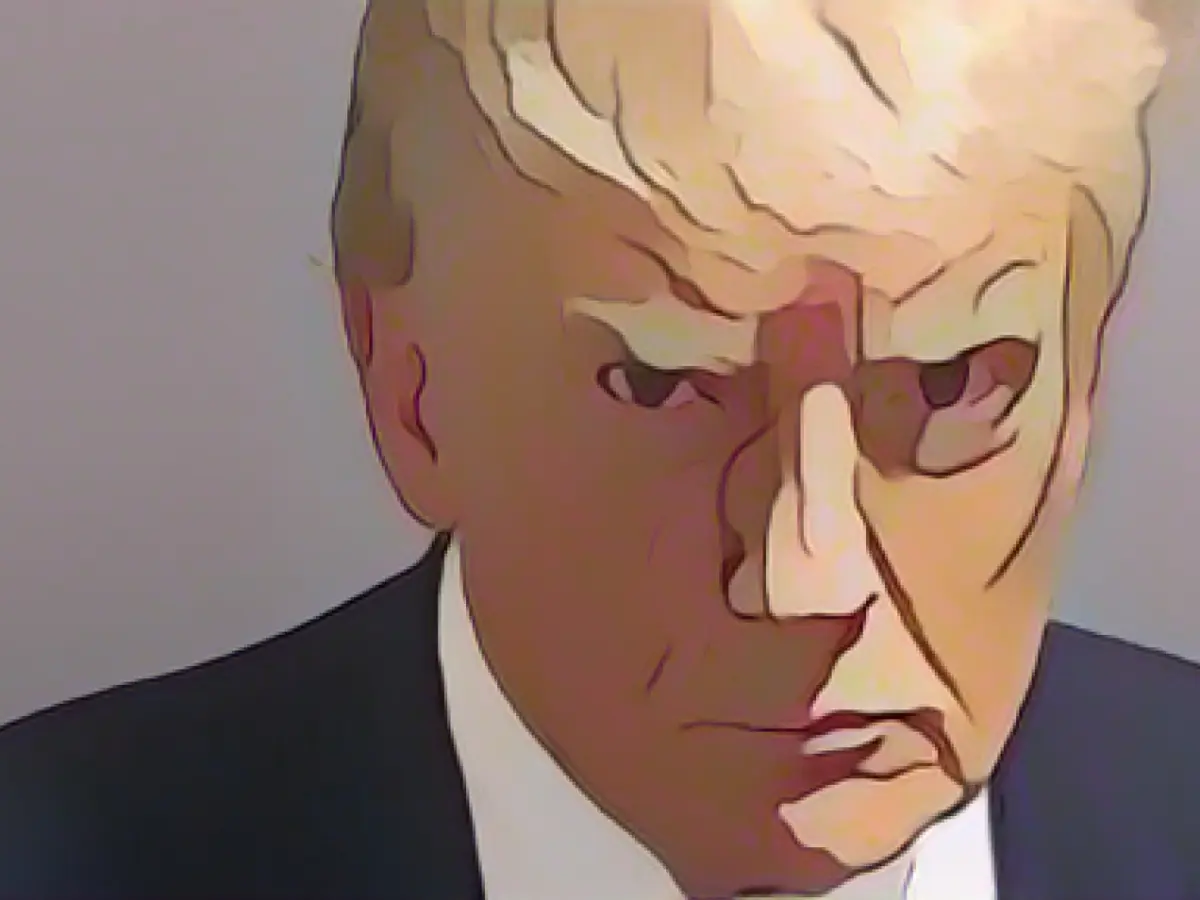Action before the Supreme Court - Does Donald Trump enjoy immunity? Special investigator now has the question clarified by the highest court
US special prosecutor Jack Smith wants the US Supreme Court to clarify whether Donald Trump may enjoy immunity. Specifically, it is about the events at the Capitol Tower on January 6, 2021 and the lawsuit against him for election interference. It is of "urgent public importance" that the Supreme Court rule on the immunity claimed by Trump, Smith explained in his application.
Trial against Donald Trump starts in March
According to current plans, the trial against Trump in a federal court in Washington for attempted election manipulation is set to begin on March 4. In his motion, Smith stated that if the court rejects Trump's claim to immunity, the trial should "proceed as expeditiously as possible".
Smith asked the Supreme Court to prioritize the issue of Trump's immunity. He emphasized that the case concerned "a fundamental question at the core of our democracy". It was about whether a former president was "absolutely immune" from prosecution by the federal judiciary for crimes he had committed in office.
"No one is above the law"
The special prosecutor himself has taken a clear position on this issue: "No one in this country, not even the president, is above the law," his team wrote to federal judge Tanya Chutkan in October. Trump "is subject to federal criminal laws like more than 330 million other Americans."
Chutkan shares the special prosecutor's reasoning and denied the request from Trump's lawyers on December 1. Trump's four years as president "have not conferred upon him the divine right of kings to avoid the criminal liability to which his fellow citizens are subject," she found.
After the election in November 2020, the Republican Trump refused to acknowledge his defeat against the Democrat Joe Biden. Instead, he raised accusations of massive electoral fraud that have been refuted many times over. Trump's campaign against his election defeat culminated in an attack on the congressional seat in Washington by radical supporters of the unelected incumbent on January 6, 2021.
Read also:
- Year of climate records: extreme is the new normal
- Precautionary arrests show Islamist terror threat
- SPD rules out budget resolution before the end of the year
- Numerous oil, gas and coal lobbyists at climate conference
- The Supreme Court in the USA is being asked by special prosecutor Jack Smith to clarify whether former President Donald Trump can claim immunity, specifically regarding the events at the Capitol Tower on January 6, 2021, and the election interference lawsuit against him.
- In his application, Smith urged the Supreme Court to prioritize the issue of Trump's immunity, stating that it concerned "a fundamental question at the core of our democracy" and was about whether a former president is "absolutely immune" from prosecution by the federal judiciary for crimes committed in office.
- Tanya Chutkan, a federal judge in Washington, shared the special prosecutor's reasoning and denied the request from Trump's lawyers in December. She found that Trump's four years as president had not conferred upon him the "divine right of kings" to avoid the criminal liability to which other citizens are subject.
- The trial against Donald Trump for attempted election manipulation is scheduled to begin in a federal court in Washington on March 4. If the court rejects Trump's claim to immunity, Smith advised that the trial should "proceed as expeditiously as possible."
Source: www.stern.de








